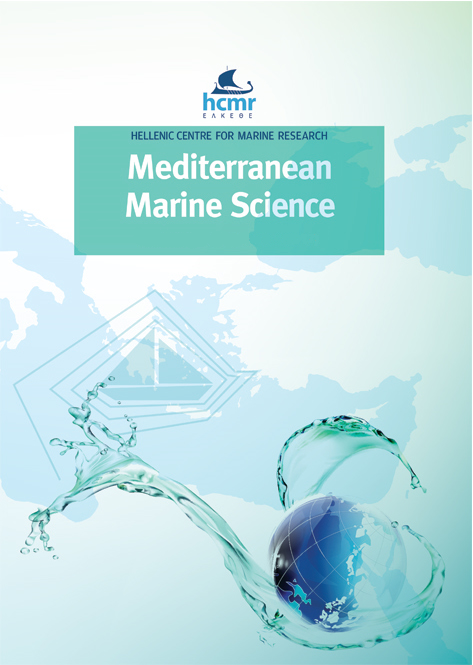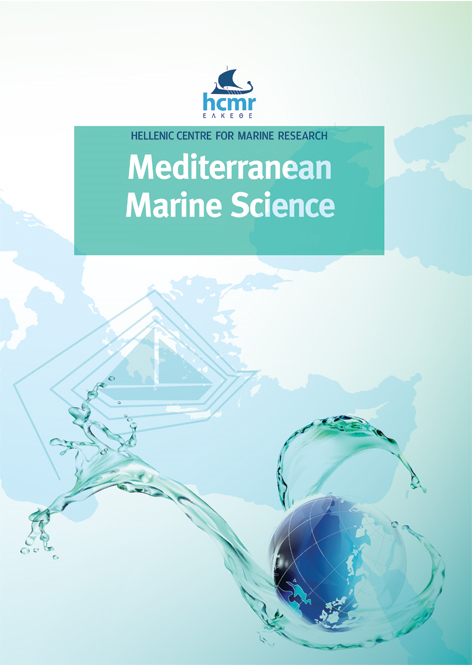The Blue Survey: Validation of an instrument to measure ocean literacy among adults

Abstract
Human activities have put the ocean under unprecedented pressure. Still, levels of public understanding about the ocean remain low. Ocean literacy is a global movement that aims to improve the understanding of the ocean and provide an incentive for positive change in people’s behavior. To date, there is no validated scale targeted to adults to measure ocean literacy that includes measuring people’s knowledge about the ocean, as well as surveying their attitudes and willingness to act. The Blue Survey is an online instrument meant to measure ocean literacy in adult populations developed by a multidisciplinary team of experts. Using factor analysis, we explore the validity and internal consistency of the Blue Survey in a purposive online sample of 251 adults. We found ocean literacy to consist of six sub-dimensions captured by 34 survey items, viz. knowledge of ocean-related topics, personal interest in ocean-related aspects, ocean stewardship, ocean as an economic resource, ocean-friendly behavior, and willingness to act responsibly for the ocean. Our analysis resulted in the development of a new validated instrument to measure the various dimensions of ocean literacy. It may help researchers and practitioners to better understand the factors contributing to shaping an ocean-literate person. Further research should assess the validity of the Blue Survey across different populations, including those closely related to the sea, such as maritime professionals.
Article Details
- Zitationsvorschlag
-
PAREDES-CORAL, E., DEPREZ, T., MOKOS, M., VANREUSEL, A., & ROOSE, H. (2022). The Blue Survey: Validation of an instrument to measure ocean literacy among adults. Mediterranean Marine Science, 23(2), 321–326. https://doi.org/10.12681/mms.26608
- Rubrik
- Special Issue Ocean Literacy
Authors who publish with this journal agree to the following terms:
- Authors retain copyright and grant the journal right of first publication with the work simultaneously licensed under a Creative Commons Attribution Non-Commercial License that allows others to share the work with an acknowledgement of the work's authorship and initial publication in this journal.
- Authors are able to enter into separate, additional contractual arrangements for the non-exclusive distribution of the journal's published version of the work (e.g. post it to an institutional repository or publish it in a book), with an acknowledgement of its initial publication in this journal.
- Authors are permitted and encouraged to post their work online (preferably in institutional repositories or on their website) prior to and during the submission process, as it can lead to productive exchanges, as well as earlier and greater citation of published work (See The Effect of Open Access).





